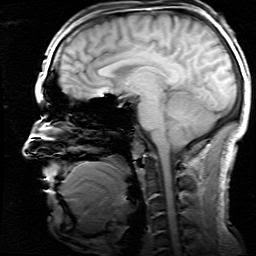 |
| Red Oak Ale sample |
Old Speckled Hen Clone
This beer had been in the primary fermenter for 10 days, with a reasonably vigorous fermentation. The Nottingham dry ale yeast was a little slow to start relative to the liquid yeasts I've been using lately, and didn't display signs of active fermentation until nearly 24 hours after pitching.
This beer had fermented down to 1.011, and is still a little hazy. I'm expecting that should settle out as the beer chills. The beer has a nice toffee color, and was a little more bitter than I expected. I think it is mainly because I had memories of a much more malt-forward beer; I expect this will come back to the fore as the beer conditions and the yeast continues to drop out. The distinct hops flavor is also probably due to the "spicier" English hops (where I usually have been using American hops in my other beers--I had forgotten how big the difference was!). Starting gravity was 1.055, which works out to 5.8% abv.
The kegged beer (~4.5 gallons) went directly into the keezer, where it is force carbonating under 13.5 psi at 42°.
Red Oak Ale
This beer showed vigorous fermentation within 9 hours of pitching the yeast. I agitated the beer a bit after 3 days (and once or twice more after that), following notes from yeast reviewers that the WLP041 strain tended to slow or stall out if left alone. I figured this was a good idea given the relatively high starting gravity, too (1.070).
The beer had fermented down to 1.015 over the past 18 days, with a gorgeously clear burn umber color (see above picture). This works out to 7.3% abv, one of the "bigger" beers I've done in some time. So far, I'm pretty happy with how it is turning out.
Before sealing up the keg, I added a mesh bag with 2 oz. of Willamette hops pellets for dry hopping. They'll stay in for ~14 days (or maybe even permanently). Tomorrow, I'll add 2 oz. of French oak chips (medium toast), boiled in water and contained in a mesh sack. Those will stay in for just a week before being pulled. I'm leaving the keg at room temperature for at least the next week.

No comments:
Post a Comment